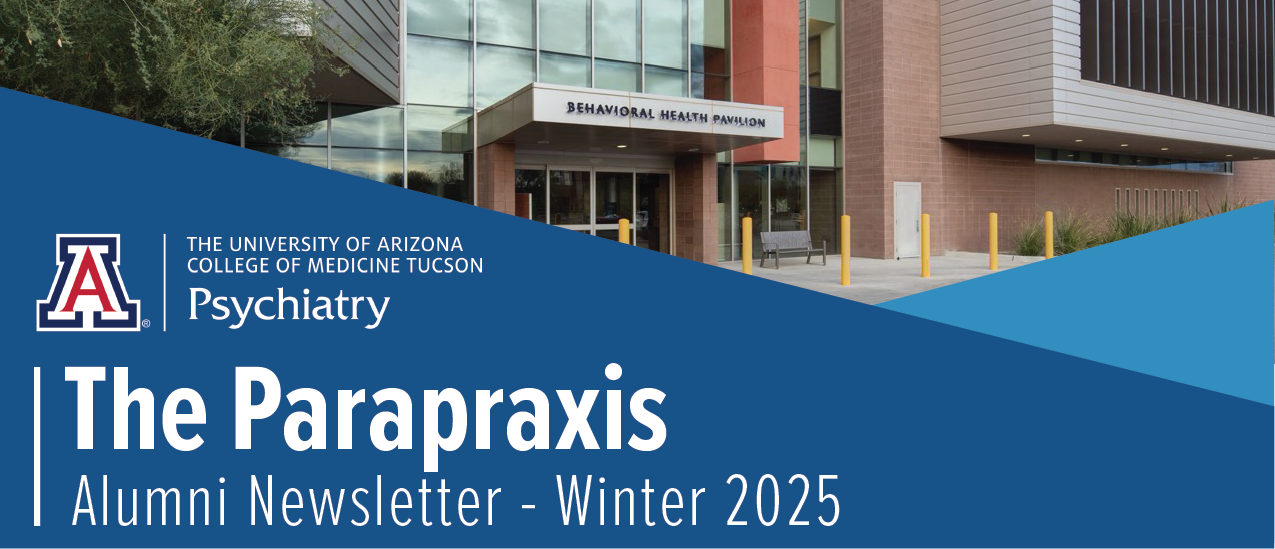1st Annual John C. Racy, MD, Awards Bestowed at Graduation 2024
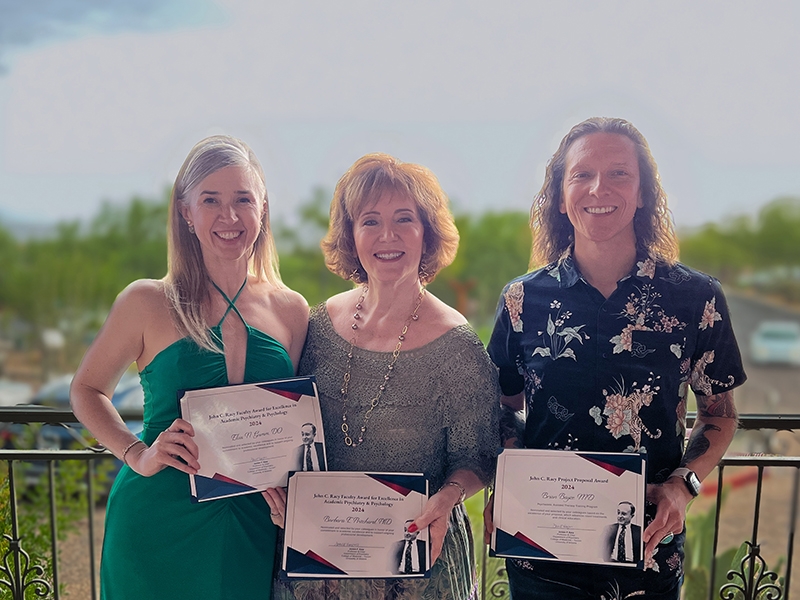 In 2022, the beloved Dr. Racy retired as Professor Emeritus after 44 years of dedicated service to the Department of Psychiatry. Only months after retirement, at 90-years-old, Dr. Racy passed away after a short illness on Sept. 14, 2022. To honor the impact he had during his four decades with the department, his family established the John Racy Endowment and John Racy Faculty Award for Excellence in Academic Psychiatry and Psychology in August of 2023.
In 2022, the beloved Dr. Racy retired as Professor Emeritus after 44 years of dedicated service to the Department of Psychiatry. Only months after retirement, at 90-years-old, Dr. Racy passed away after a short illness on Sept. 14, 2022. To honor the impact he had during his four decades with the department, his family established the John Racy Endowment and John Racy Faculty Award for Excellence in Academic Psychiatry and Psychology in August of 2023.
“Dr. Racy was a deeply respected psychiatrist, mentor, educator, and healer who touched countless lives in the Tucson community, in our Department, the College of Medicine – Tucson, and globally,” said Jordan Karp, MD, professor and chair of psychiatry.
Throughout his career, he offered inspirational guidance, generosity of time and spirit, and profound expertise, particularly in the areas of psychiatric education, transcultural psychiatry, the integration of psychotherapy and pharmacotherapy, and providing mental health care to medical students.
We are grateful to honor his memory and legacy of quality education and compassionate healing through the endowment and its annual John C. Racy awards. These gifts maintain Dr. Racy’s deeply felt influence through acknowledging the excellence of and supporting the continuing education of our faculty. By helping our faculty flourish, we then positively impact our patients and trainees.
The endowments include funding in perpetuity to support the Department's four mission areas of education, research, clinical excellence, and community engagement and annually provide a monetary award to a faculty member to utilize in their pursuit of ongoing professional development activities.
Dr. Racy’s professional interests were in medical student education, couples therapy, and family therapy; he was the Director of Medical Student Education for 33 years and won numerous awards throughout his career.
The Addiction Medicine Fellowship Enters its 7th Year
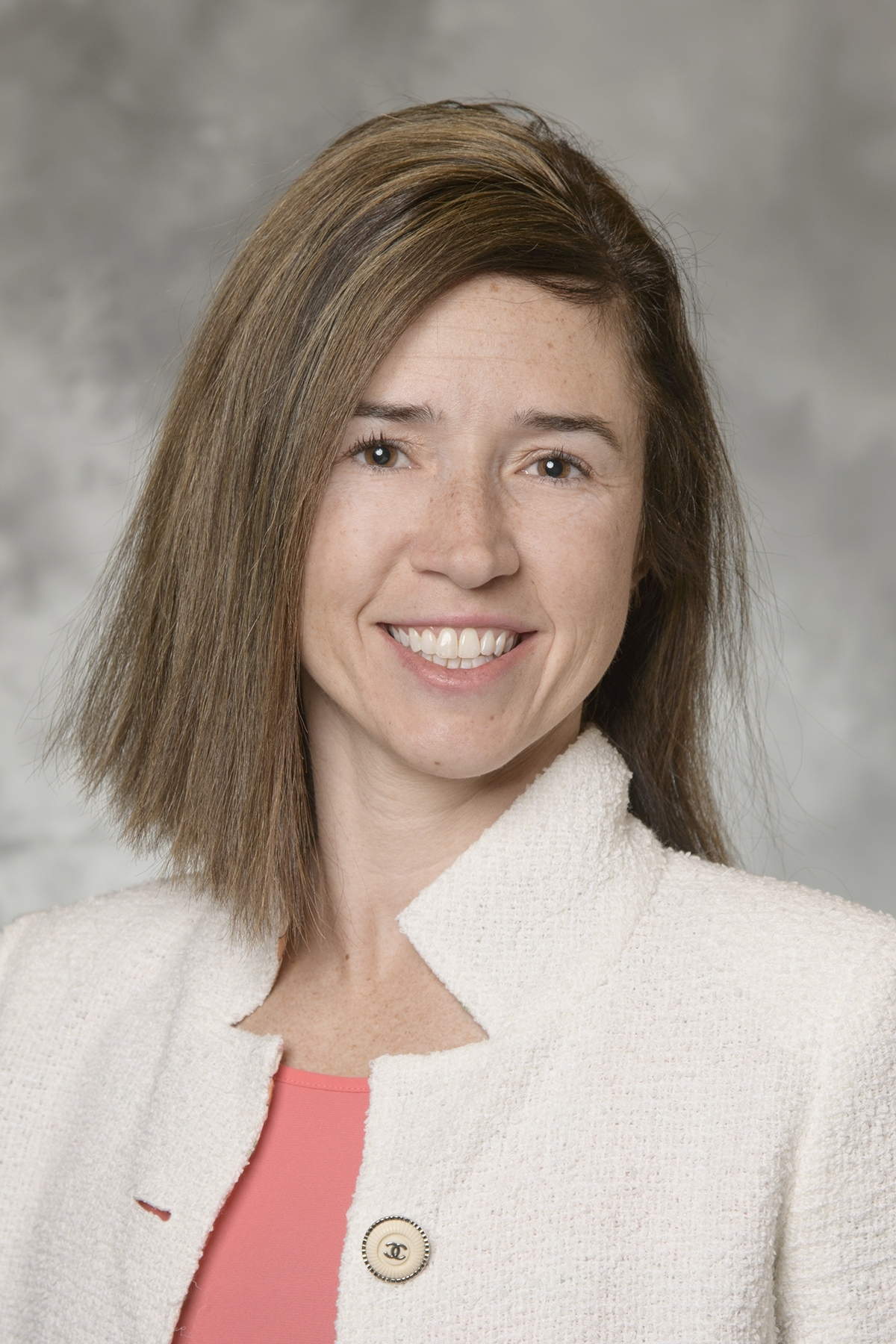 by Jamie Manser
by Jamie Manser
When Elisa Gumm, DO, graduated in 2014 from the department’s residency program, she joined SAVAHCS as a detox physician and quickly grew their addiction medicine programming.
“Over four years, the educational requests and clinical services boomed,” Gumm said. “There was a lack of board-certified addiction medicine and psychiatry physicians in Tucson.”
As the opioid crisis skyrocketed, the Arizona State Legislature passed the Arizona Opioid Epidemic Act which Gov. Ducey signed in 2018. The act restricted opioid prescribing, enforced risk mitigation, and required three hours of education for MDs, DOs, NPs, and PAs.
“This significantly increased awareness surrounding the opioid epidemic and, subsequently, the demands for more programming and education. It became more difficult for me to take time off or accommodate all of the education requests.”
As a result, in 2018, Gumm approached the VA and U of A about the need and potential – and both institutions supported her in developing the fellowship program. “I was able to collaborate with physicians at local community programs such as Sierra Tucson, CODAC, and New Beginnings to enhance the clinical education and training for the incoming fellows.”
The fellowship launched in 2019, and in 2020, Gumm was awarded a five-year, $1.4 million federal grant from the Health Resources and Service Administration. This funding supported the expansion of the fellowship from two to four fellows each year. Since its inception, the fellowship has graduated 15 physicians, including two COM-T psychiatry residency graduates – Michelle O'Brien, DO, class of 2019, and Megan Burke, DO, class of 2023. The current 2024-2025 cohort includes psychiatry residency 2024 graduates Kimi Ge, MD, and Emily Walker, MD.
In conjunction with the fellowship, Gumm also started a monthly Grand Rounds CME series in 2023.
“The passion for myself and pushing so hard comes from growing up in West Virginia and specifically the Ohio Valley which was labeled ‘Oxycodone Valley.’ Youth opioid overdoses had hit our community when I was high school, and I have been around substance use since then. Clinical work for me is rewarding and exciting!”
Learn more about the fellowship. To sign up for the Grand Rounds listserv, email Jamie Manser at jlmanser@arizona.edu.
Building Bridges in Reproductive Psychiatry: The Journey of Kathryn & Saira
by Saira Kalia, MD – Class of 2016
 Kathryn Emerick, MD (class of 2019), and I met during psychiatry residency at COM-T. The time was one of learning, growth, and self-discovery. Not only in getting to know each other but also in the unique ways our separate passions came together.
Kathryn Emerick, MD (class of 2019), and I met during psychiatry residency at COM-T. The time was one of learning, growth, and self-discovery. Not only in getting to know each other but also in the unique ways our separate passions came together.
Amidst intense training, life happenings and happenstance, we found a common interest in the field of reproductive psychiatry, one that combines expertise in mental health with the critical needs of women in major life transitions such as pregnancy and the postpartum period.
Our collaboration was organic, nurtured by a common commitment to addressing the gaps in perinatal mental health care throughout Arizona. Together, we saw something that would last and would make a difference. This vision was to give life to the Arizona Perinatal Psychiatry Access Line (APAL), a statewide effort to provide immediate psychiatric consultation and support to healthcare providers who care for pregnant and postpartum women.
APAL embodies the spirit of collaboration that first brought us together. By bridging providers across disciplines and offering tools to address complex cases, we’ve built a program that not only empowers clinicians but also brings tangible relief to families in need. Our transition from residency colleagues to co-creators of APAL has been profoundly fulfilling. It stands as a testament to the strength of a shared vision, enduring friendship, and the remarkable foundation we built during our time at U of A. We take great pride in giving back to our community and being part of a legacy that advocates for innovation and compassionate care.
Learn more about what APAL offers at apal.arizona.edu. Check out APAL's impact! Email team@apal.arizona.edu to sign up for the APAL newsletter and Grand Rounds’ notifications.
Fundraising for Trainee Travel Grants
 As you – our alumni – are aware, while the Department offers robust training programs for its residents, psychology interns, and fellows, there are gaps in travel funding to supplement outside educational opportunities. With budget reductions and increased costs for conferences, plane tickets, hotels, and gas for driving to rural areas to see patients, we are working with the COM-T development office and the U of A Foundation to raise needed monies for our trainees through crowdfunding.
As you – our alumni – are aware, while the Department offers robust training programs for its residents, psychology interns, and fellows, there are gaps in travel funding to supplement outside educational opportunities. With budget reductions and increased costs for conferences, plane tickets, hotels, and gas for driving to rural areas to see patients, we are working with the COM-T development office and the U of A Foundation to raise needed monies for our trainees through crowdfunding.
This is where you come in! If you would like to contribute a tax-deductible donation at any amount, there are two upcoming opportunities this spring to help us meet our $10,000 goal:
- On Friday, Feb. 14, 2025 the Psychiatry Department’s Trainee Travel Grants fundraising effort will be a part of The University of Arizona College of Medicine – Tucson Giving Day. Donations will be accepted at GivingDay.arizona.edu/com-t, and the page goes live on February 14, Valentine’s Day! We hope you can show some love to our trainees with your fiscal support. Our goal is to raise $5,000 on Giving Day.
You can also donate to the fund before Giving Day here, and your gift will be a part of the Giving Day challenge!
- In conjunction with May’s Mental Health Awareness Month, we will run another crowdfunding campaign to raise the remaining $5,000 for our trainees. Keep an eye on Facebook.com/UArizonaPsychiatry and our website, Psychiatry.arizona.edu.
Because these are crowdfunding campaigns, all donations are helpful, appreciated, and further our training and educational goals! For those who are interested and able to contribute matching donations of $500 or more, please email Department Chair Jordan Karp, MD, at karpjf@arizona.edu and Program Innovation and Strategic Initiatives Manager Jamie Manser, jlmanser@arizona.edu.
Thank you for your thoughtful generosity!
- Jason Curry, DO, Vice Chair of Education, Class of 2014
Doctoral Psychology Internship Develops Teams & Supports Trainee Growth
In 2022, the Department re-launched its Clinical Doctoral Psychology Internship with a $1.9 million Behavioral Health Workforce Education and Training (BHWET) grant from the Health Resources and Services Administration (HRSA). Following a scientist-practitioner model, the year-long internship creates mental health care teams by placing psychiatric mental health nurse practitioner (PMHNP) students and doctorally-prepared psychology interns at nine training sites that provide integrated care. Many of the sites focus on children and adolescents, are culturally and linguistically diverse, with a focus on improving access to care in Arizona’s rural, border, and medically underserved communities.
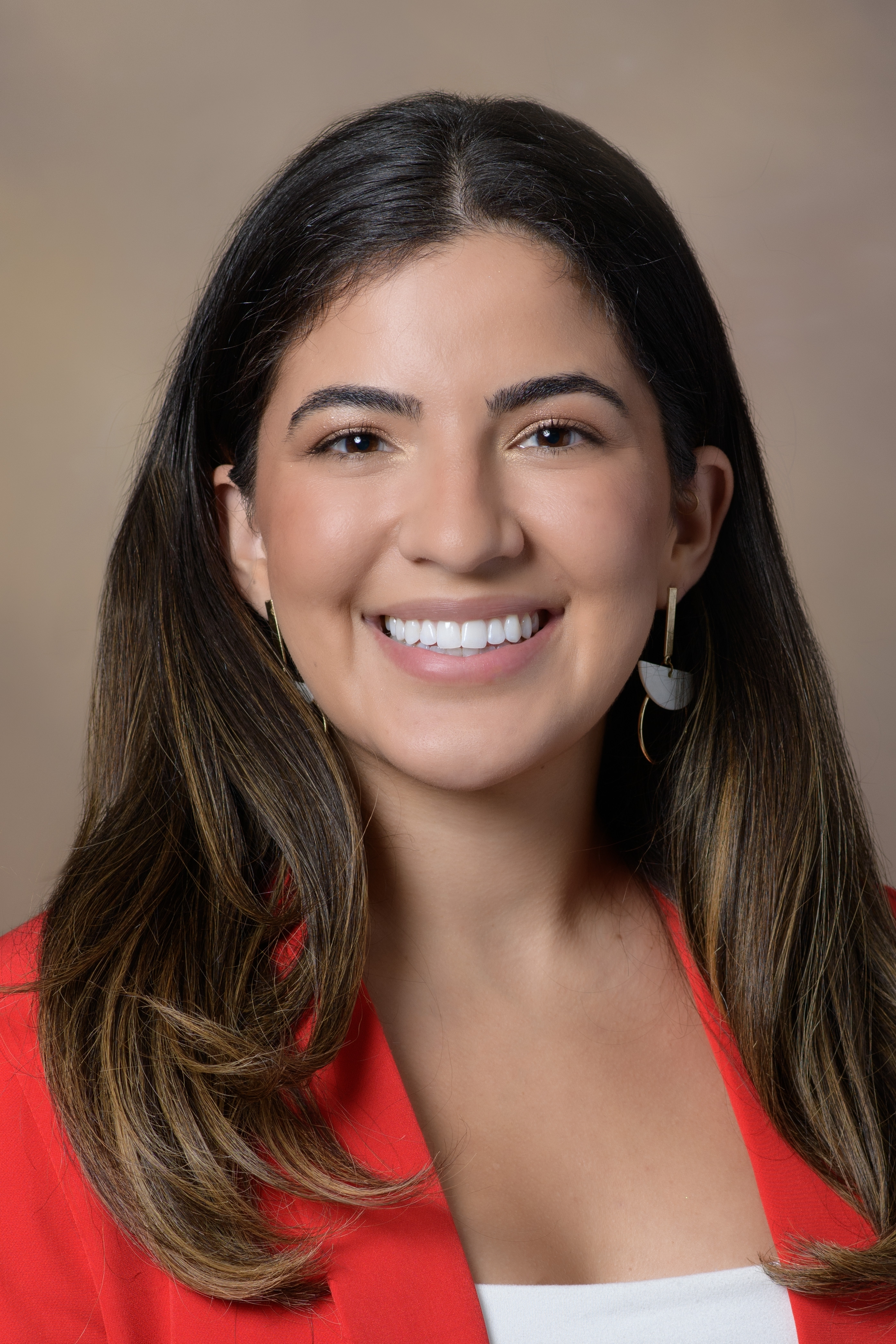 Catalina Uribe Rini, PsyD, BCBA, class of 2024, is currently working on her post-doc with the Early Psychosis Intervention Center at the Whole Health Clinic. Here she shares what led her to our program, her training experiences with us, and her future plans.
Catalina Uribe Rini, PsyD, BCBA, class of 2024, is currently working on her post-doc with the Early Psychosis Intervention Center at the Whole Health Clinic. Here she shares what led her to our program, her training experiences with us, and her future plans.
At the time she was applying for internships as a school psychology trainee, Uribe Rini was drawn to the Department’s program for various reasons. “Something that stuck out for me was the commitment to diversity,” she said.
“As a woman, an immigrant, and a bilingual Spanish speaker, an important personal and professional value of mine is supporting and advocating for minoritized and underserved individuals. The variety of training sites available was also a compelling aspect. I realized that this training opportunity would allow me to strengthen skills I've developed throughout my graduate training, like working in a pediatric outpatient clinic, while also exploring brand-new experiences, like working in early psychosis intervention.
“Truly the most important, and best, aspect of the program has been the genuine support from supervisors and other staff members. I very quickly felt like a colleague, rather than just a trainee, and it is apparent that there are many faculty members invested in my personal and professional growth. The second most important aspect has been the work-life balance. I was able to complete my tasks within my 40-hour work week which allowed me to become involved in the local community – a stated goal of the training program.”
In her current role as a post-doc, Uribe Rini conducts intake evaluations for the EPICenter, manages a caseload of individual therapy and psychoeducational groups, and is helping to develop a structured, comprehensive curriculum for the clinic. She also spends one day a week at Diamond Children's Hospital pediatric oncology outpatient clinic, primarily engaged in individual therapy.
Read more about the program, its opportunities, faculty, interns, and alumni!
Psychiatry Resident Alumni Integral to El Rio’s New Psychiatry Residency
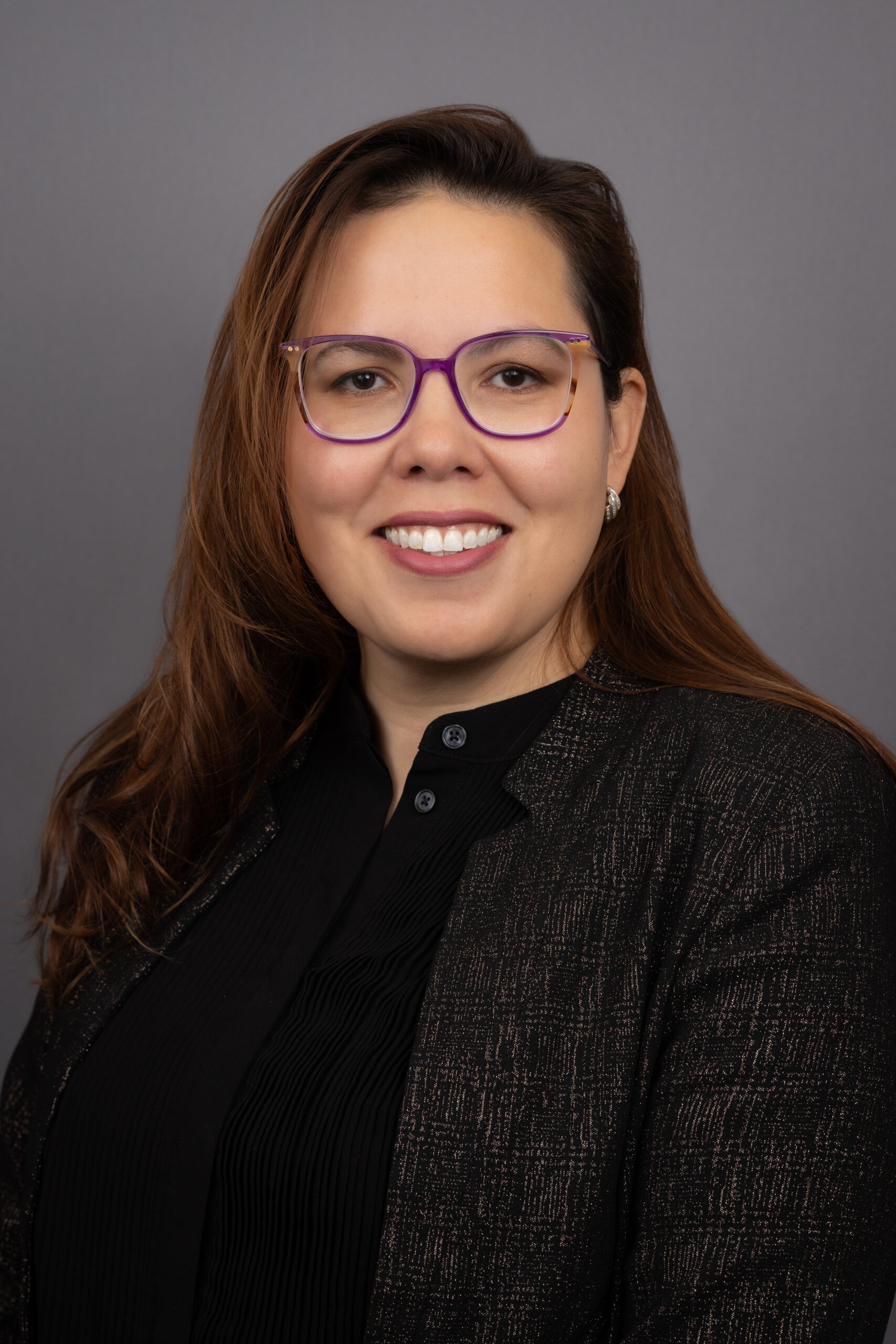 Brittany Pace, MD (class of 2017) is the Program Director for the recently launched El Rio Health Psychiatry Residency Program in Tucson, slated to start in summer 2025.
Brittany Pace, MD (class of 2017) is the Program Director for the recently launched El Rio Health Psychiatry Residency Program in Tucson, slated to start in summer 2025.
Pace was chosen as the Program Director due to her experience working with The University of Arizona Department of Psychiatry, including the psychiatry residency, addiction medicine fellowship, geriatric psychiatry fellowship, and medical student education. After graduating from the U of A residency, Dr. Pace went on to work at Banner – University Medical Center South, then SAVAHCS from 2018 to 2023, before making the transition to El Rio in November 2023.
“Growing up in Tucson, El Rio has always been a pillar of our community,” Pace said. “I was very excited to have the opportunity to join El Rio and combine my passion for my community with my dedication to medical education. Our program is committed to training residents to become competent and compassionate psychiatrists who are capable of providing evidence-based care across a range of settings, including outpatient clinics, inpatient units, and emergency departments. I am excited to have psychiatry residents join us at El Rio this summer.”
We are thrilled to note that six other COM-T psychiatry alumni – both residents and fellows – are faculty for El Rio’s upcoming residency program, including: Zachary Emel, DO (class of 2019), Michelle O’Brien, DO (class of 2020 and addiction medicine fellowship class of 2021), Richard Rhoads, MD (class of 2005), Joe Shortall, DO (addiction medicine fellowship class of 2024), Prabhjyot Singh, MD (class of 2020 and geriatric psychiatry fellowship class of 2022), Jennifer Tran, DO (class of 2020 and CAP fellowship class of 2022).
Additionally, Pace is the Medical Director of El Rio’s new inpatient and CL service, a collaboration with Carondelet Behavioral Health with El Rio providing psychiatric inpatient services at Carondelet St. Mary’s Hospital and offering consultations at Carondelet St. Mary’s and St. Joseph’s Hospitals.
Find details about the El Rio Health residency program and faculty on its website.
Catching up with Alum Nick Ahrendt, MD
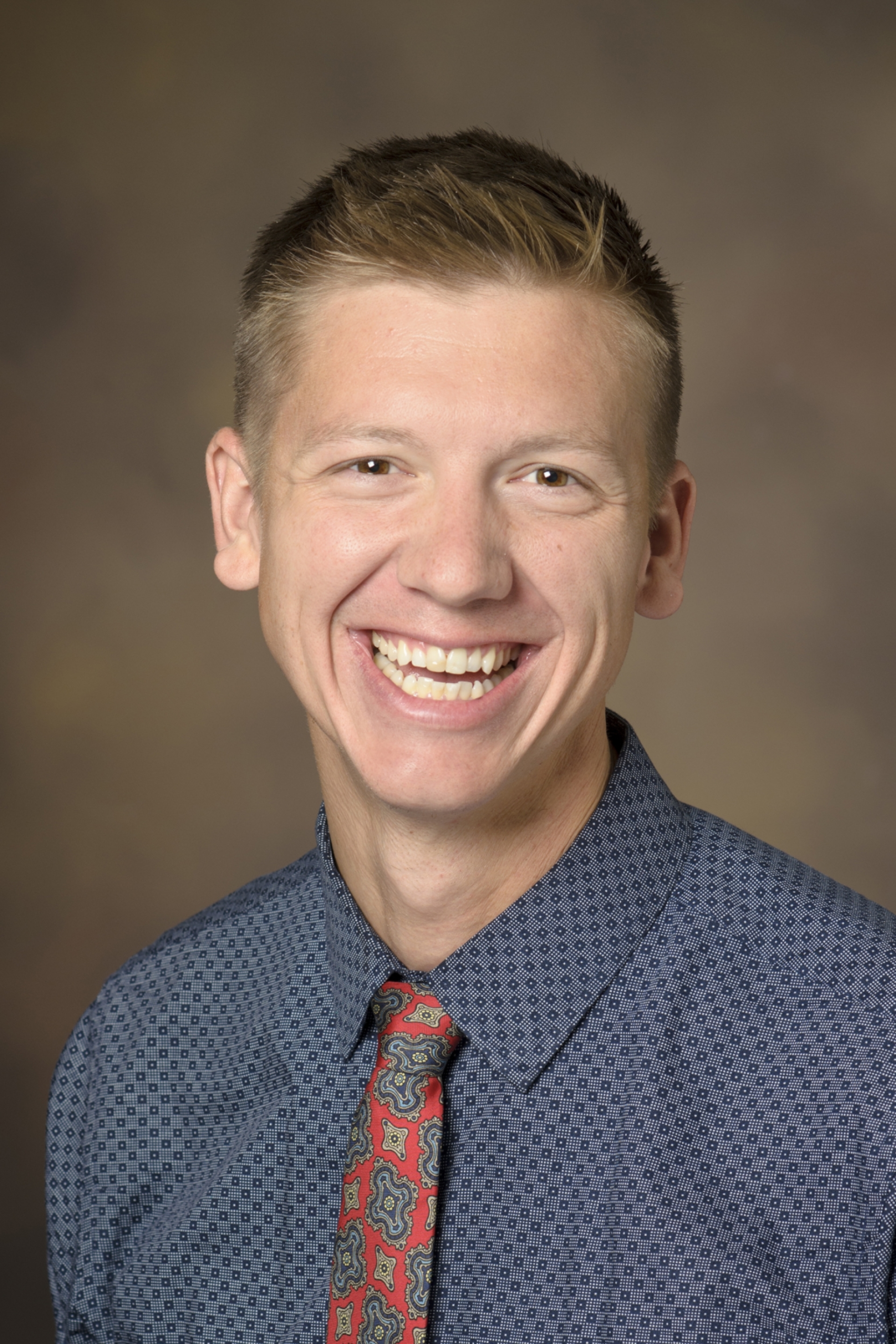 Currently the inpatient director at Sierra Tucson and President of the Arizona Psychiatric Society, Ahrendt, class of 2021, shares what drives him and what’s next!
Currently the inpatient director at Sierra Tucson and President of the Arizona Psychiatric Society, Ahrendt, class of 2021, shares what drives him and what’s next!
When did you first become involved with Arizona Psychiatric Society (APS) and the American Psychiatric Association (APA)?
I became involved with APS as a PGY2 by going to a few meetings and enjoying the free food after my shifts at Banner South.
What inspired your involvement and volunteerism?
The motivations for me getting involved are the disheartening things in society like poverty, income inequality, childhood trauma, suicide and global warming. Rather than look away from scary issues I choose to volunteer and try to have an impact where I can. While it's sometimes a slow process I do believe that our members have a societal impact from their work with APS.
What roles have you served with the organizations?
I am currently the 2024-2025 president and have served on the executive council for the past three years. I was the head of the Disaster Committee through the Covid pandemic as a PGY4 resident and was active in supporting physician mental health as well as increased access to care and insurance coverage for telepsych visits.
What is the importance of belonging to and participating with these organizations?
Our prior APS director would frequently say "If you're not at the table then YOU are what's for lunch," to jokingly remind us that both legislators and special interests are all too willing to reduce access to mental health care or make changes to psychiatry without our input. To me the reason we need to belong to and be active in these groups is to make sure our patients' and profession's interests are taken into account.
What other updates on your career would you like to share with your fellow alumni?
I have enjoyed working at Sierra Tucson for the past 3+ years and have been the inpatient director for the past year. I should be addiction boarded in February (pending test results). The big news is that in 2025 I'm taking some time off to learn how to golf and grow as a musician (guitar, ukulele, piano, vocal, songwriting), then in 2026 I anticipate moving to Salt Lake City with my lovely new wife. I anticipate continuing to do inpatient work in Salt Lake and likely starting an adolescent and adult outpatient practice.
Catching up with Alum Neema Hariri, DO
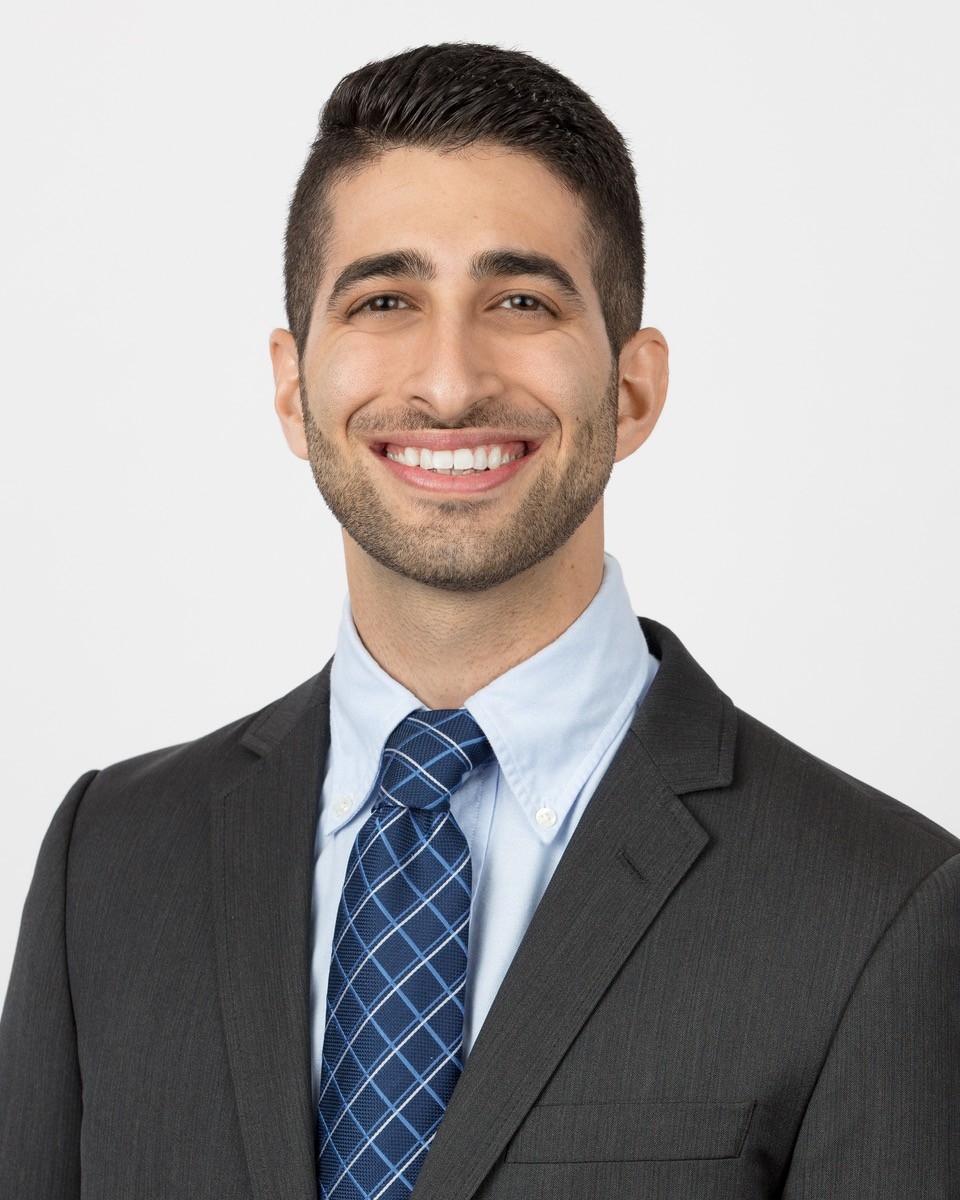 Since graduating in 2023, Hariri joined Kaiser Permanente (KP) at its outpatient psychiatry clinic in Orange County, California. He is now a psychiatry preceptor for medical students at KP Bernard J. Tyson School of Medicine, allowing him to stay connected to his passions in academia and teaching in the clinical setting.
Since graduating in 2023, Hariri joined Kaiser Permanente (KP) at its outpatient psychiatry clinic in Orange County, California. He is now a psychiatry preceptor for medical students at KP Bernard J. Tyson School of Medicine, allowing him to stay connected to his passions in academia and teaching in the clinical setting.
Hariri said that his roles enable him “to apply and expand upon the skills cultivated during residency, including skills in outpatient psychiatry, psychotherapy, perinatal psychiatry, and consultation liaison psychiatry. Working with a diverse population has deepened my understanding of cultural considerations in mental healthcare and strengthened my ability to tailor treatments to meet the unique needs of individual patients.”
We were excited to see Hariri at the department’s October 2024 “Southwest Summit on Transference focused Psychotherapy for Borderline and Other Personality Disorders”! He came to Tucson to attend, sharing that the summit “reinvigorated my appreciation for psychodynamic psychotherapy and provided valuable insights that I have since integrated into my practice. I was grateful to reconnect with mentors during my time in residency (and beyond), including Dr. Pritchard, Dr. Karp, Dr. Lane, and Dr. Weihs during the conference.”


